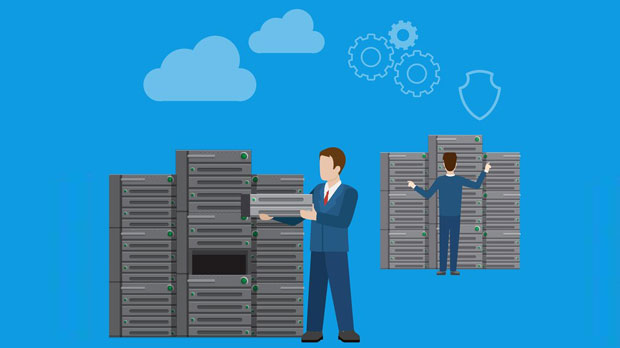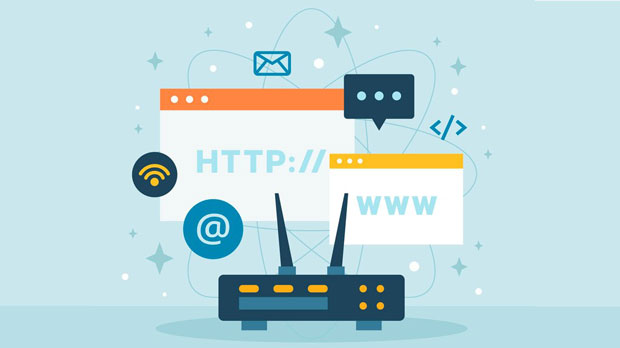In the ever-evolving digital landscape, advertisement verification has become a crucial aspect for marketers, advertisers, and agencies to ensure their campaigns' integrity, transparency, and efficiency. Among the tools used to enhance the verification process, SOCKS proxy stands out as a reliable solution. SOCKS proxies help to simulate various user environments across the globe, enabling advertisers to validate their ads in diverse conditions, improving targeting accuracy, and preventing ad fraud. This article delves into the applications of SOCKS proxy in advertisement verification, examining how it helps in ad delivery checks, detecting fraudulent activities, enhancing geo-targeting, and maintaining privacy during verification processes. Introduction to Advertisement VerificationAdvertisement verification refers to the process by which marketers and advertisers assess the effectiveness, placement, and delivery of digital ads across different platforms. This process ensures that ads reach the right audience in the intended environment while avoiding fraudulent practices. The verification process includes examining ad delivery, viewability, engagement metrics, and the prevention of ad fraud. However, conducting these checks can be challenging, especially when ads are viewed by users from different geographical locations, networks, or device types.Understanding SOCKS Proxy TechnologyA SOCKS proxy is an intermediary server that facilitates internet traffic by routing requests through a third-party server. Unlike traditional proxies, which work at the HTTP or HTTPS level, SOCKS proxies operate at a lower level, enabling them to handle all types of internet traffic, including web browsing, email, file sharing, and more. SOCKS proxies are flexible and support both TCP and UDP connections, making them ideal for a wide range of online activities.In the context of advertisement verification, SOCKS proxies help advertisers simulate browsing environments from different regions, networks, and devices. This is essential for ensuring that the advertisement is delivered properly to users, verifying the correct geographical targeting, and identifying potential ad fraud.Applications of SOCKS Proxy in Advertisement Verification1. Geo-Targeting and Regional Ad ValidationOne of the primary uses of SOCKS proxies in advertisement verification is geo-targeting and regional ad validation. Advertisers often use geo-targeting to ensure that their ads are shown to specific audiences based on their geographical location. However, verifying this geo-targeting across various regions can be challenging due to the potential discrepancies between different regions and networks.SOCKS proxies allow advertisers to simulate the browsing environment of different countries or cities. By connecting to proxy servers located in various regions, advertisers can test whether their ads are properly geo-targeted and delivered to the right audience. This helps in ensuring that regional restrictions, language preferences, and local content relevance are accurately implemented.2. Detection of Ad Fraud and Invalid TrafficAd fraud is a significant issue in the digital advertising industry, with various fraudulent practices such as click fraud, impression fraud, and traffic manipulation affecting the accuracy of advertising campaigns. By utilizing SOCKS proxies, advertisers can perform thorough checks to detect any irregularities or fraudulent activities that may compromise the effectiveness of their ads.SOCKS proxies enable advertisers to simulate real user traffic by masking their actual IP addresses and appearing as though they are browsing from different locations or devices. This simulation helps in verifying whether fraudulent actors are artificially inflating ad impressions, clicks, or engagements from non-legitimate sources. By conducting these checks through multiple proxies, advertisers can uncover potential fraud patterns and take appropriate measures to prevent financial losses.3. Multi-Device and Cross-Platform Ad TestingIn today’s digital ecosystem, advertisements must be optimized across various devices and platforms, such as mobile phones, tablets, desktops, and connected TVs. SOCKS proxies play a critical role in multi-device and cross-platform ad testing by allowing advertisers to test the behavior of their ads on different platforms from different locations.Using SOCKS proxies, advertisers can simulate browsing sessions on various devices and networks to check whether the ad is properly rendered across diverse platforms. This ensures that there are no compatibility issues, loading delays, or formatting errors that could negatively impact user experience or ad performance.4. Privacy and Anonymity during VerificationDuring the verification process, privacy and anonymity are essential to maintain the integrity of the test results. SOCKS proxies provide a layer of security and anonymity by masking the actual IP address of the tester and routing traffic through an intermediary server. This helps ensure that the verification process is not biased by the tester’s actual location or browsing history.By using SOCKS proxies, advertisers can validate ads without revealing their actual identity or location, ensuring that the results are unbiased and based on real user behavior. This anonymity is crucial when testing ads in environments where privacy regulations or data protection laws might restrict access to certain data points.5. Improving Ad Delivery and Performance AnalyticsEffective ad delivery and performance tracking are essential for assessing the success of digital advertising campaigns. SOCKS proxies allow advertisers to simulate real user traffic, enabling them to test the delivery of ads in different environments and measure their performance more accurately.By using SOCKS proxies, advertisers can perform load testing, track response times, and measure ad engagement from different user demographics and locations. This comprehensive testing ensures that ads are delivered in the right format, within the appropriate time frame, and to the target audience. The resulting performance analytics provide valuable insights into the effectiveness of ad campaigns and help optimize future strategies.SOCKS proxies play a vital role in advertisement verification by offering a range of benefits that improve the accuracy, transparency, and effectiveness of digital ads. From geo-targeting validation to detecting ad fraud, enabling multi-device testing, ensuring privacy, and improving performance analytics, SOCKS proxies provide advertisers with the necessary tools to ensure their campaigns are executed flawlessly.As digital advertising continues to grow in complexity, using advanced tools like SOCKS proxies will be key in maintaining trust, preventing fraud, and optimizing ad performance. By incorporating SOCKS proxies into the advertisement verification process, advertisers can ensure that their campaigns are not only reaching the right audience but also achieving maximum impact and return on investment.
Apr 02, 2025
![arrow]()




























































